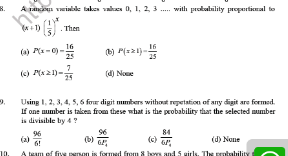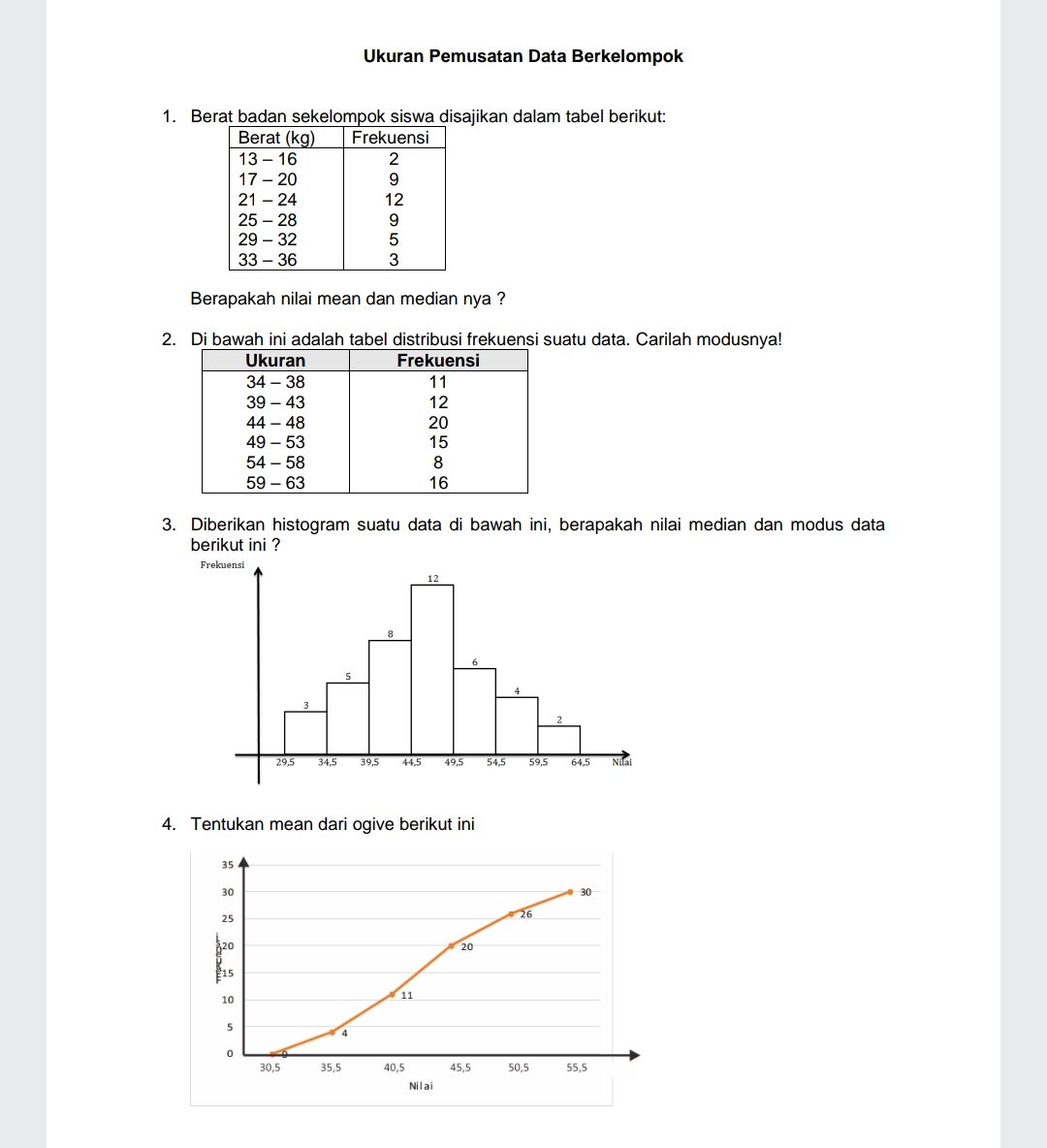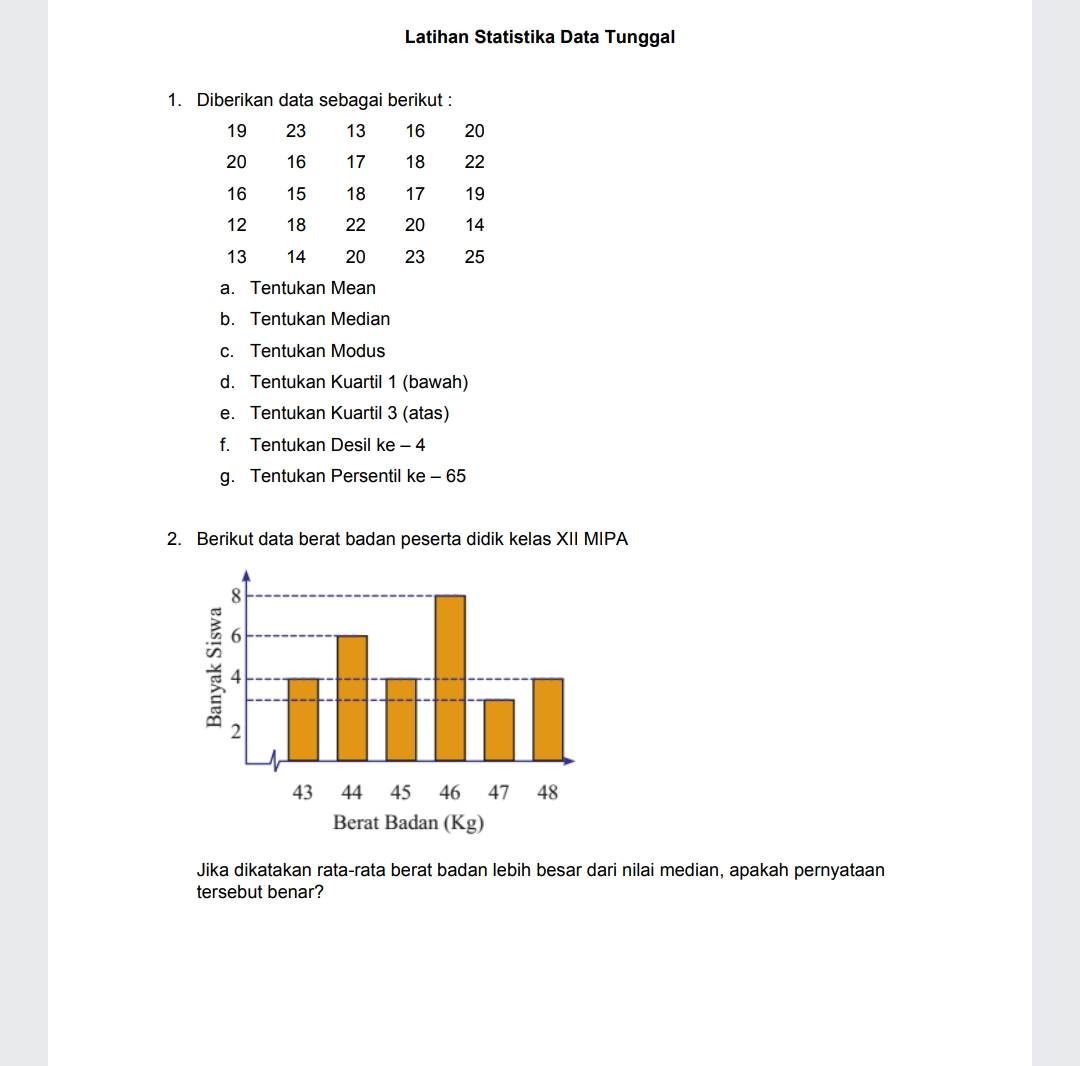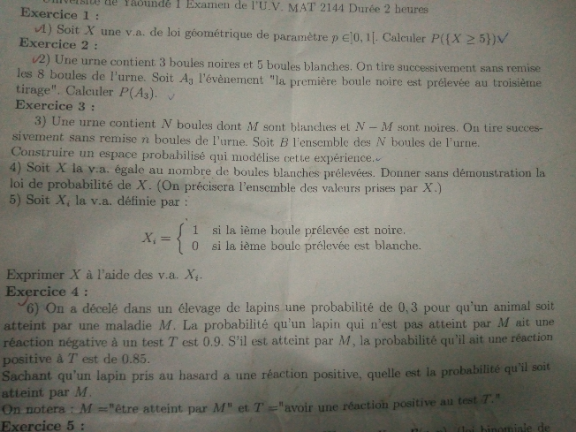
Probability and StatisticsQuestion and Answers: Page 6
Question Number 153405 Answers: 0 Comments: 0

Question Number 153401 Answers: 2 Comments: 1

Question Number 153399 Answers: 0 Comments: 2

Question Number 152940 Answers: 1 Comments: 0
Question Number 152937 Answers: 1 Comments: 0

Question Number 152935 Answers: 1 Comments: 0

Question Number 152903 Answers: 5 Comments: 0

Question Number 152683 Answers: 1 Comments: 0
Question Number 152321 Answers: 0 Comments: 0

Question Number 151602 Answers: 6 Comments: 0

Question Number 151454 Answers: 0 Comments: 2
Question Number 150450 Answers: 0 Comments: 0
Question Number 150323 Answers: 0 Comments: 0
Question Number 150154 Answers: 0 Comments: 0
Question Number 150030 Answers: 0 Comments: 0
Question Number 149981 Answers: 1 Comments: 0
Question Number 149534 Answers: 2 Comments: 0

Question Number 149532 Answers: 1 Comments: 0
Question Number 149471 Answers: 1 Comments: 0
Question Number 149463 Answers: 1 Comments: 0
Question Number 149406 Answers: 0 Comments: 0
Question Number 149030 Answers: 0 Comments: 0
Question Number 149440 Answers: 1 Comments: 0

Question Number 148864 Answers: 1 Comments: 0
Question Number 148620 Answers: 1 Comments: 0
Question Number 148569 Answers: 2 Comments: 1

